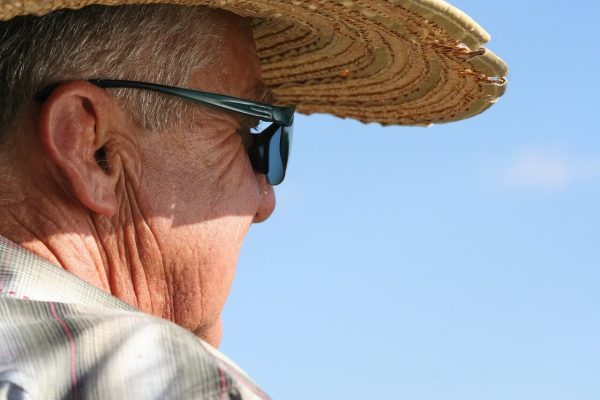Raising awareness about important topics such as sun protection matters. With national health awareness campaigns on UV protection, a lot of families can learn information that can help them provide better care for their elderly loved ones, all while ensuring that they get the required amount of sunlight to be healthy.
Sun Risks
The sun emits harmful UV rays that can damage your skin and eyes. There are many risks of sun exposure:
- Skin cancer. This is a preventable condition with the right clothing.
- Sunburn. The rays of the sun are strongest between 10 a.m. and 4 p.m., so to avoid burns, take
precautions, especially if your elderly family members are going out in those times. - Damage to one’s eyes. Lack of eye protection is the leading cause of cataracts. It can also put
your loved ones at greater risk of developing an eye disorder. - Skin problems. UV rays compromise your skin’s ability to generate collagen and elastin, which is
responsible for making skin supple and dewy. If your loved ones don’t take any precautions when
they go out into the sun, they could end up with spots on their skin, benign tumors, and more
lines on their face.
By knowing the risks that come with sun exposure, you can take the right precautions to protect senior members of your family. If you see any signs of abnormalities or problems with your skin, consult with a doctor right away.
Precautions
If your older loved one has in-home personal care, then you’ll want to have a talk with your caregivers to
ensure proper care for your parents or grandparents when they go out during the summer. Discuss taking
precautions:
- Are they covered up against the sun? Use of loose clothing and hats with wide brims for better
coverage help ensure protection against harmful UV rays. - Use the right sunscreen. Some contain harmful chemicals to the body, so research your options carefully. Once you have a list of sunscreens that are safe for seniors to use, check in with the caregivers to make sure they apply the right amount. Did they read the instructions? Do they know how much to apply and the best time to apply the sunscreen? If either of your grandparents or parents tend to sweat a lot, though, they’ll need to have the sunscreen applied much more frequently. That applies too if they plan to go swimming.
- Stay in the shade. Staying in during the hours when the sun’s rays are strongest—between 10 a.m. and 4 p.m.—is also a good deterrent against skin cancer and other problems from too much exposure to the sun.
If you need caregivers, get competent and compassionate in-home personal care from Cypress Homecare Solutions today.

